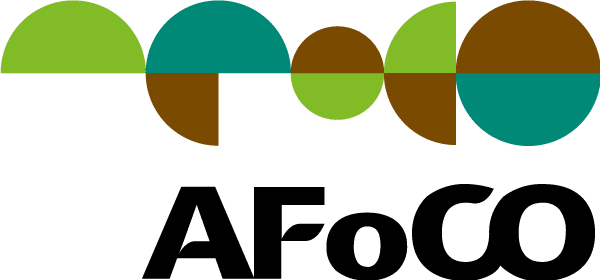July 9-15, 2023 — Members of the AFoCO Secretariat visited Timor-Leste to explore potential forest projects and collaborate with stakeholders.
Mr. Fernandino Viera da Costa, State Secretary of the Ministry of Agriculture, Livestock, Fisheries, and Forestry (MALFF), warmly welcomed the AFoCO team during a productive meeting, aiming to foster collaboration for future forestry projects in Timor-Leste. Timor-Leste’s National Agricultural Strategic Plan for 2023-2028 sets ambitious goals, including planting over 1 million trees annually. With government funding and prepared nurseries, this initiative, along with sandalwood/mangrove restoration and coffee plantation/value chain projects, is expected to contribute significantly to the country’s agricultural and environmental objectives.



During the visit, AFoCO engaged with the Embassy of the Republic of Korea and KOICA Timor-Leste office, emphasizing forests’ vital role in addressing climate challenges. Both sides committed to exploring collaboration opportunities for Timor-Leste’s environment and supporting large-scale projects for a greener and more sustainable future.


Exploring Coffee Value Chain Potentials:
To find prospective activities and project concepts, the AFoCO team visited the Center for coffee tree nursery and Cooperative Café Timor (CCT) Company located in Ermera District, which is one of the seven districts producing coffee seedlings at a national level. The Ermera is the major nursery site produces 250,000 seedlings of Arabica species in 2023. In Timor-leste, approximately 6-70,000 households rely on coffee production as their major income source. One of the challenges observed is the predominant use of Timor-hybrid coffee species, which is suceptible to disease such as coffee rust. Furthermore, there are significant opportunities to collaborate with potential in agroforestry, coffee species diversity, farmer capacity enhancement, and waste management as a key focus.
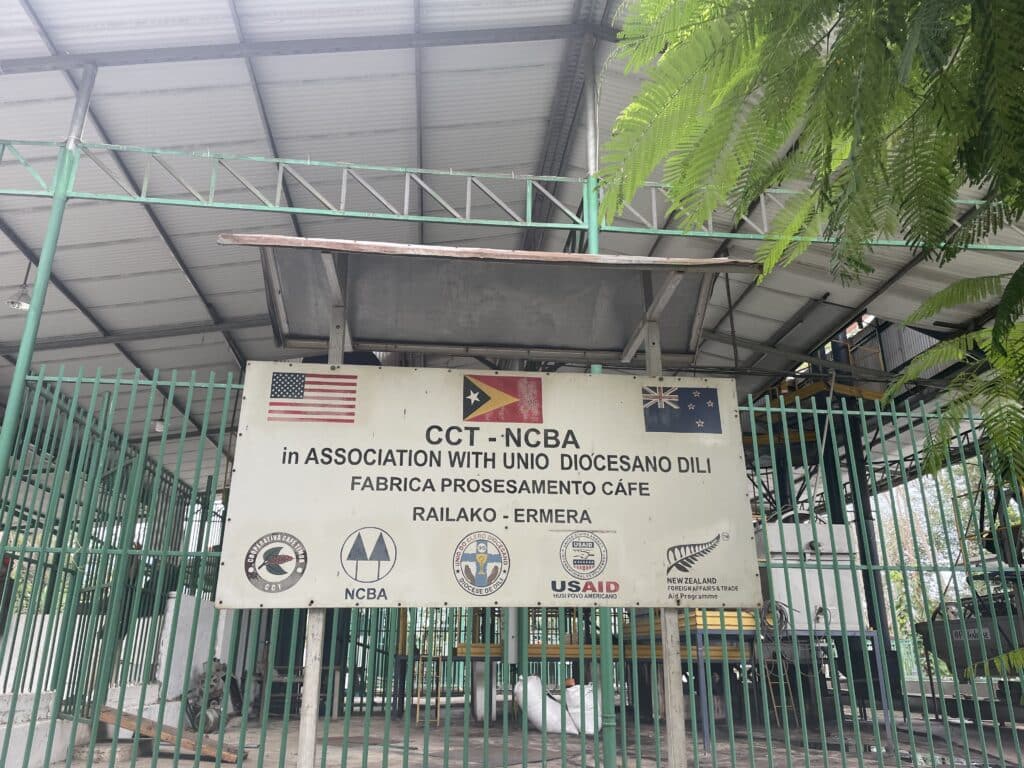
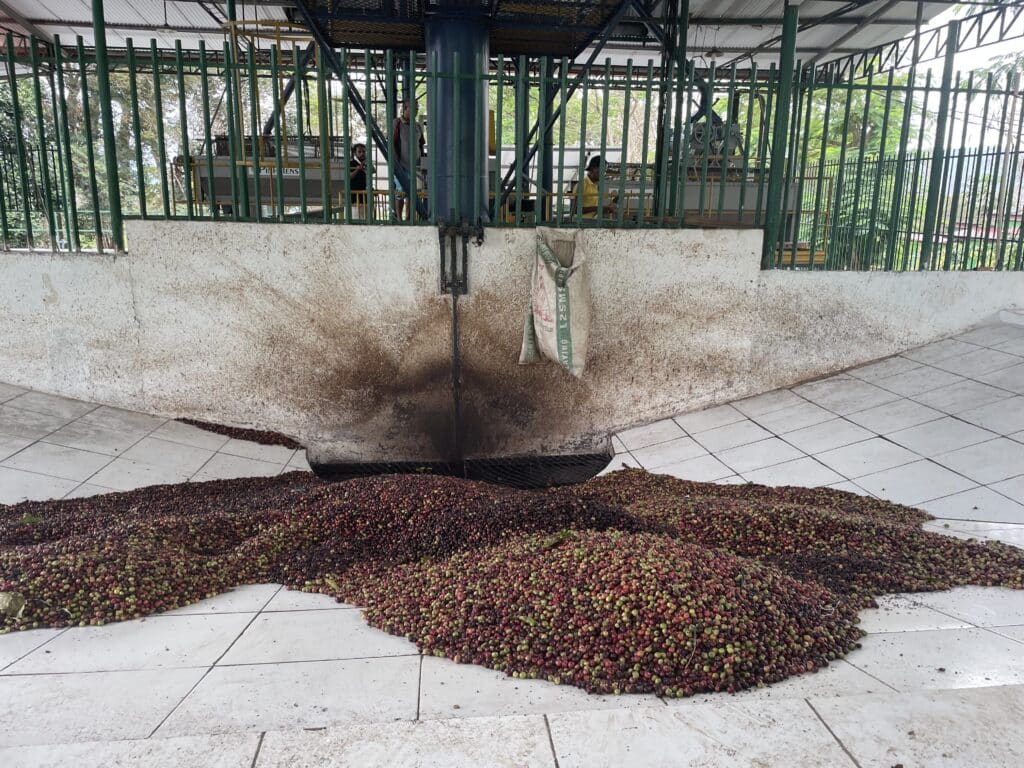
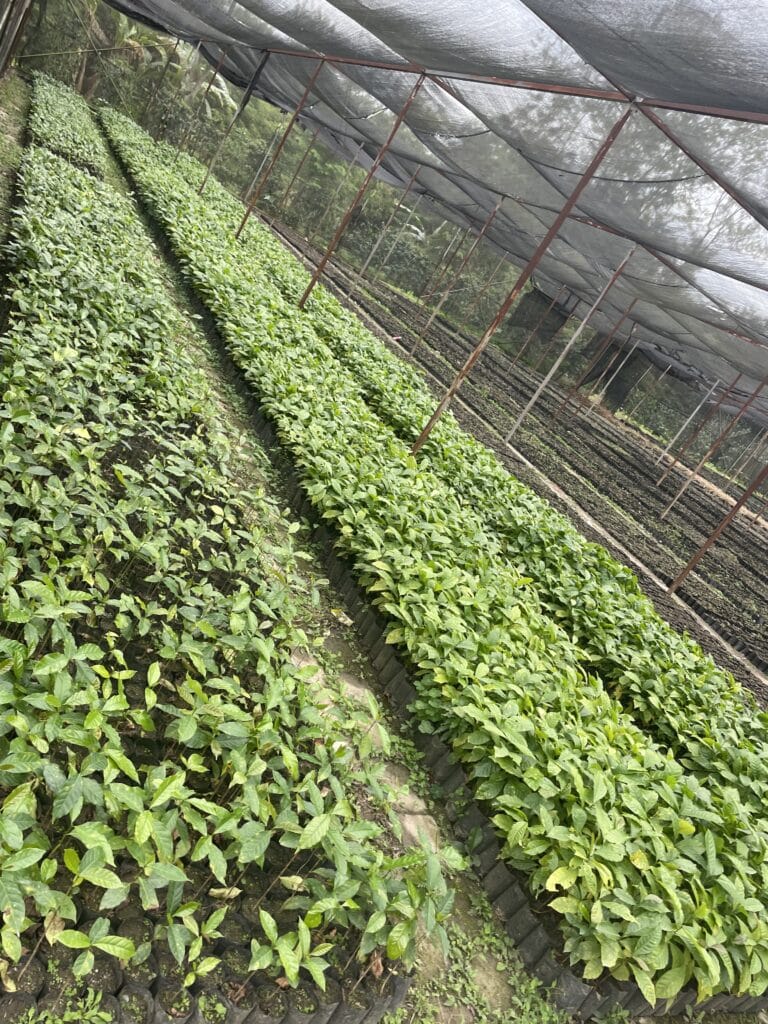
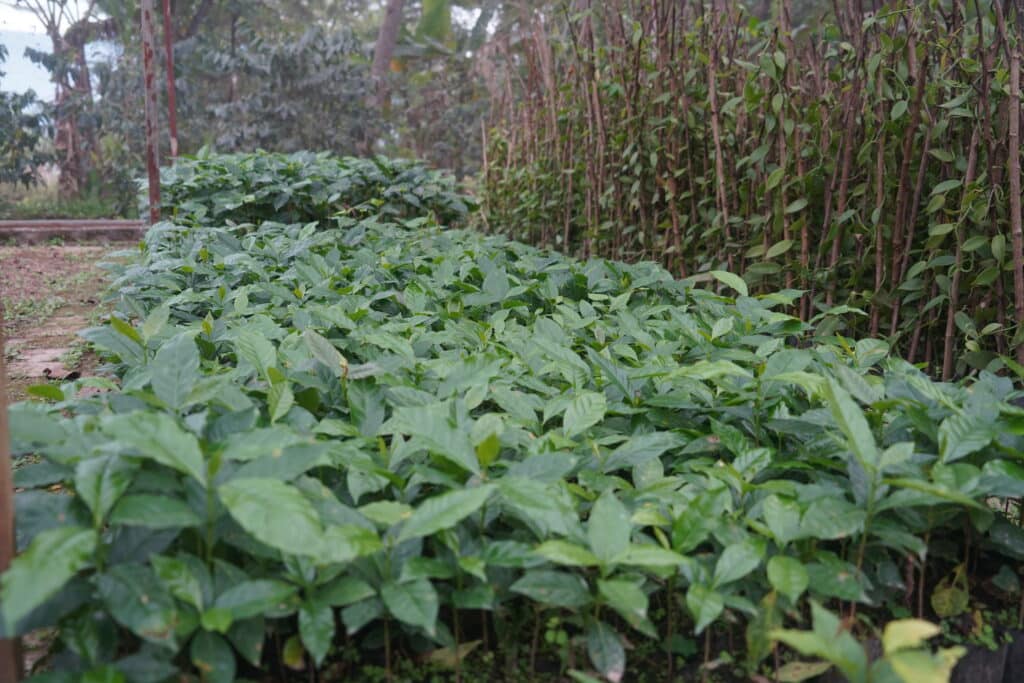
Discovering Sandalwood Project Opportunities:
During the visit a sandalwood plantation, which spans about 170 hectars, it was observed that the government’s efforts in sandalwood reforestation. Sandalwood holds great economic, historical, ecological, and spiritual significance for Timor-Leste. The visit to the sandalwood plantation and nursery highlighted the need for a systematic plan, understanding of sandalwood distribution and species, and technical expertise for successful sandalwood reforestation in Timor-Leste.
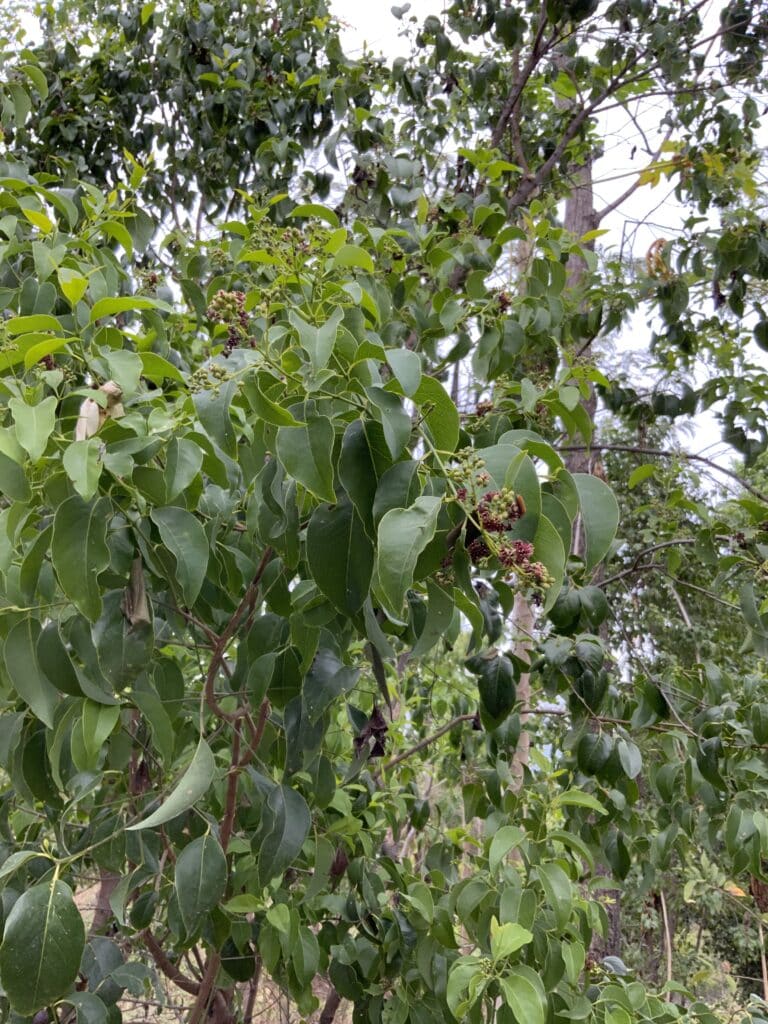
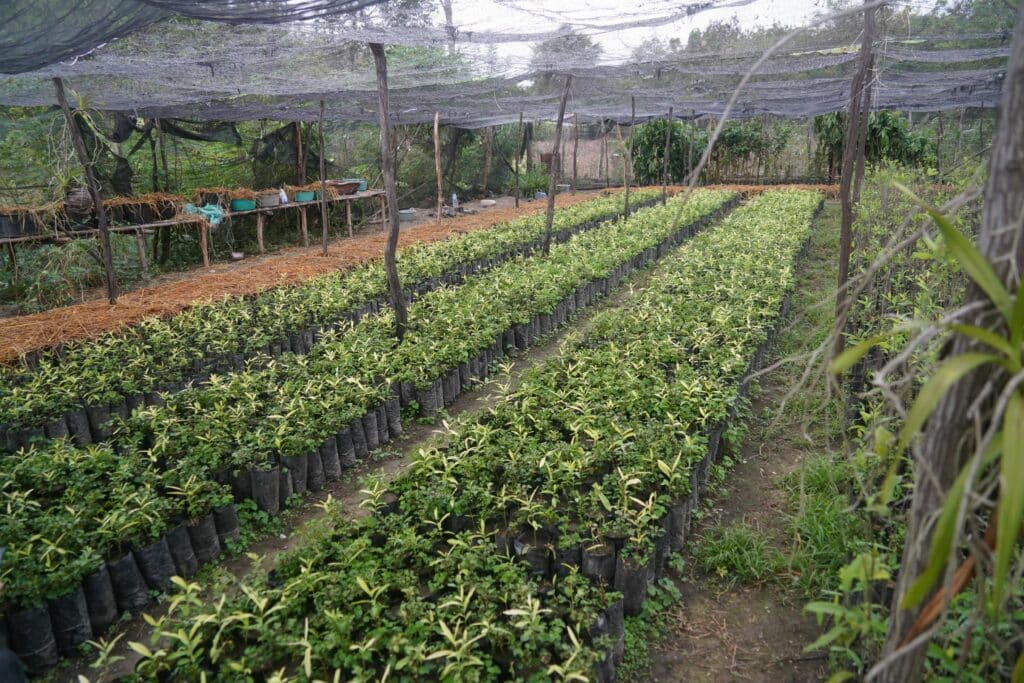
Venturing into Mangrove Project Prospects:
AFoCO observed the success of a mangrove project led by UNDP, conserving 2,000 hectares and rehabilitating 10 hectares with 82,000 seedlings. Stakeholders in mangrove forests highlight the potential of implementing agroforestry practices, such as agrosilvofishery, as one of the best activities for future projects. Challenges in finding alternative income sources for affected communities were addressed, fostering collaboration for the benefit of ecosystems and communities in the region.
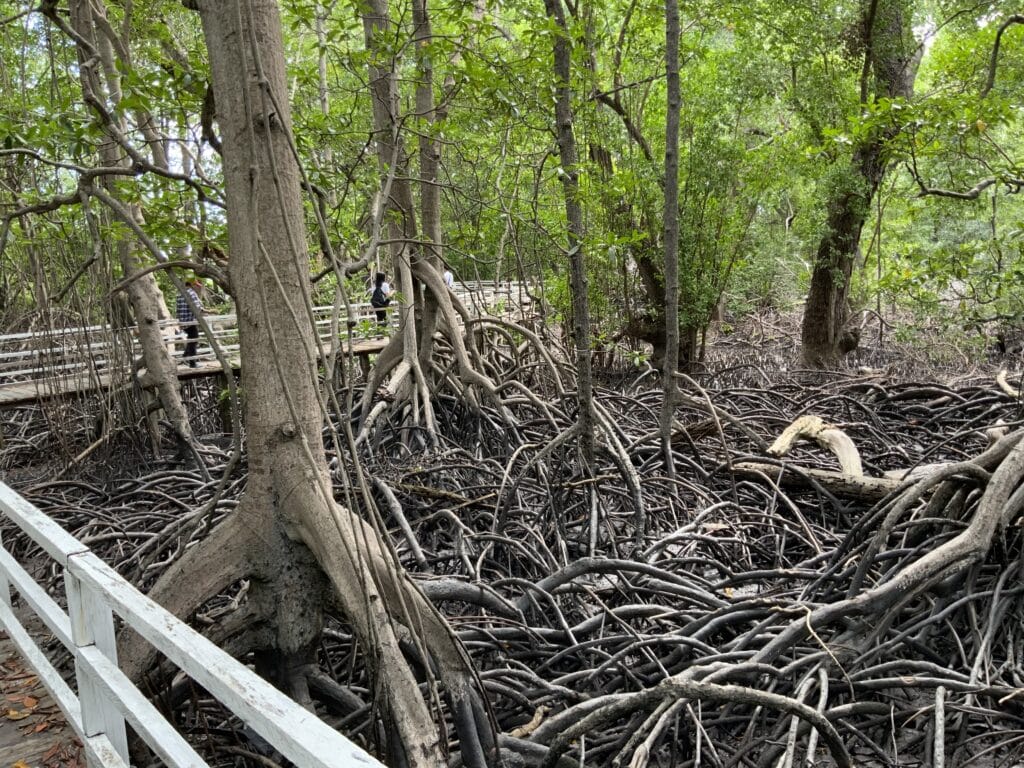
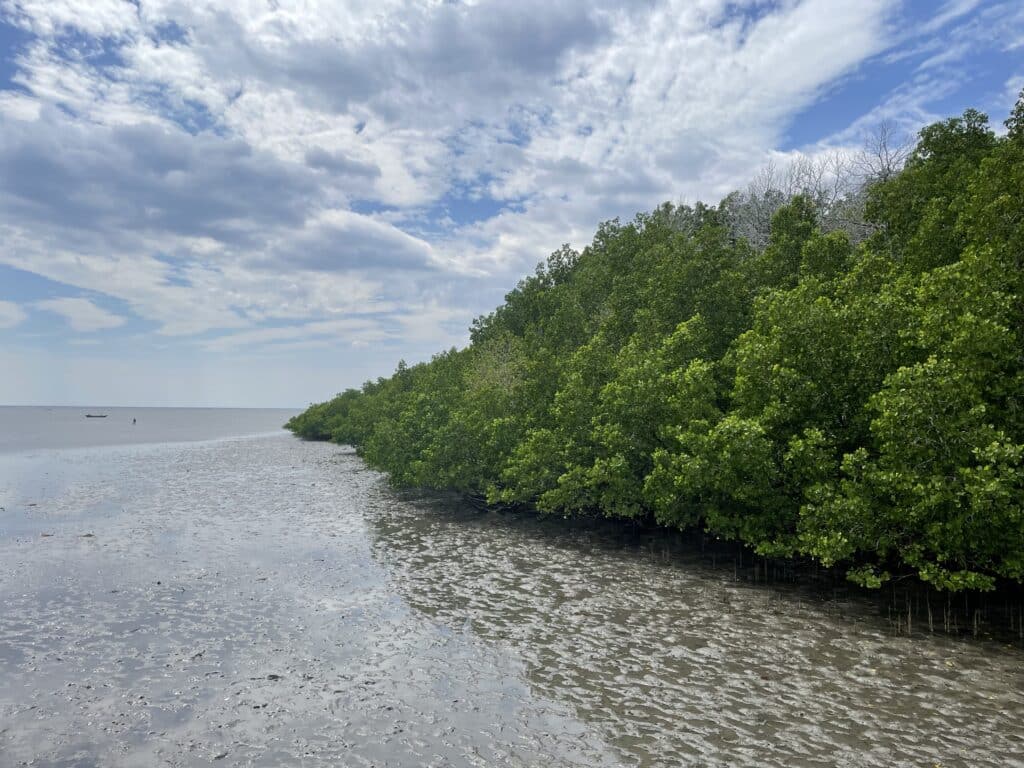
AFoCO’s Project/026: A Success and Potential for Surrounding Areas:
A Success and Potential for Surrounding Areas: AFoCO’s ongoing Project 26 achieved remarkable success, planting over 20,000 trees in February 2023 with an impressive 80% survival rate. Further exploration of funding sources for sandalwood research and feasibility studies in eastern Timor-Leste will extend the project’s positive impact on environmental conservation and community well-being.
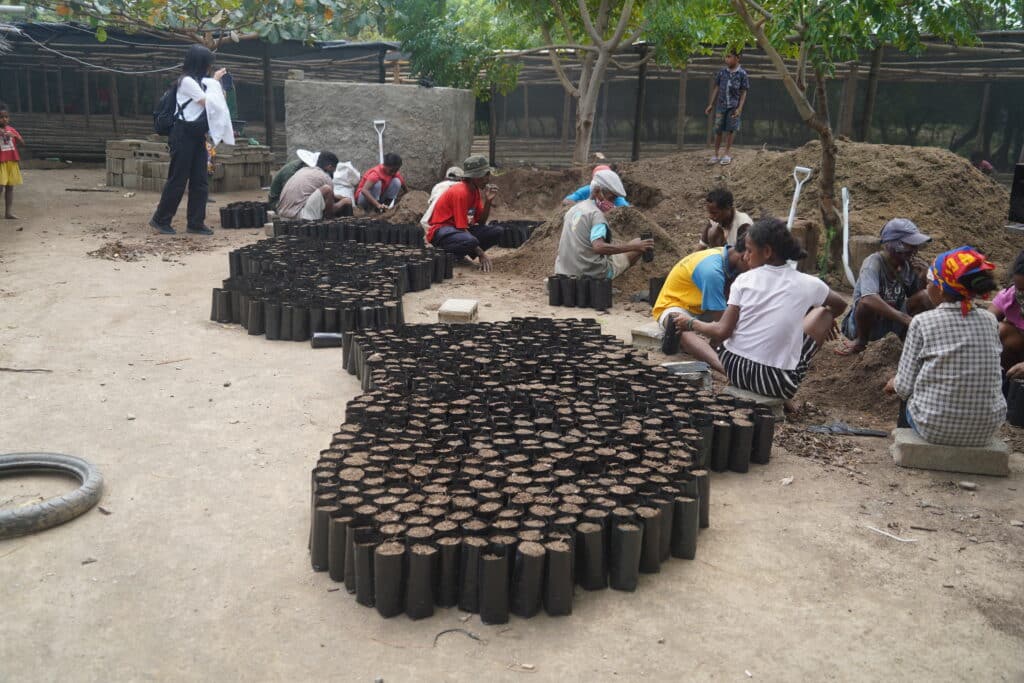
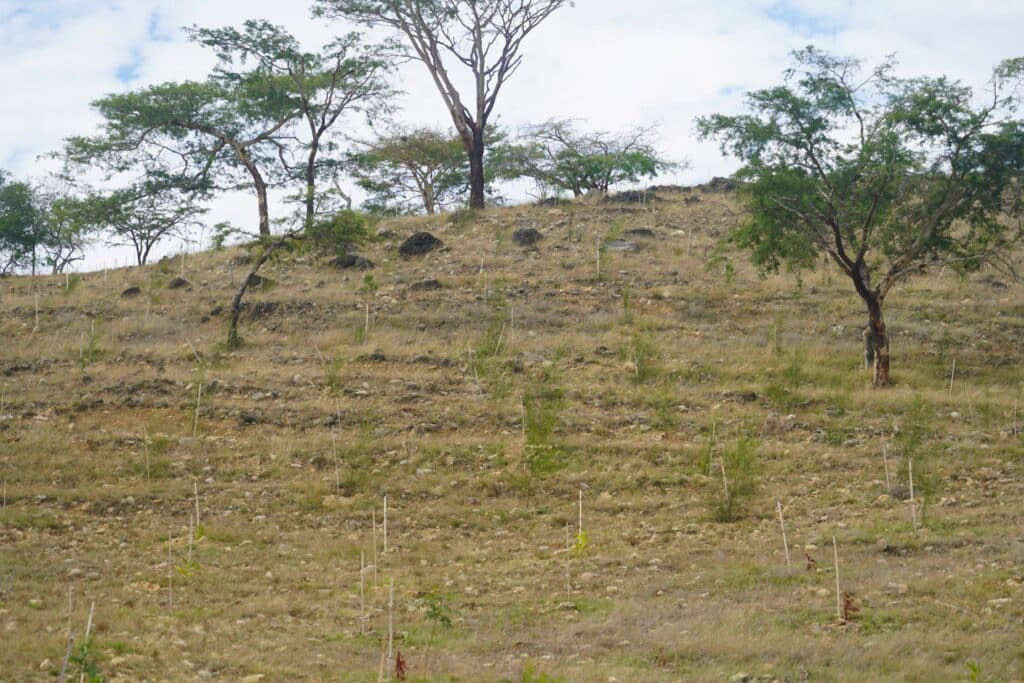
In summary, AFoCO’s visit to Timor-Leste uncovered promising opportunities for sustainable development in the areas of mangrove, sandalwood, and coffee projects. Collaborating with key stakeholders and government officials, AFoCO aims to contribute significantly to Timor-Leste’s green vision, fostering environmental conservation, community well-being, and a greener, more sustainable future for the nation.
Contributed by Ms. Hansol Lee, Assistant Program Officer, and Ms. Haeun Yu, Assistant Researcher

